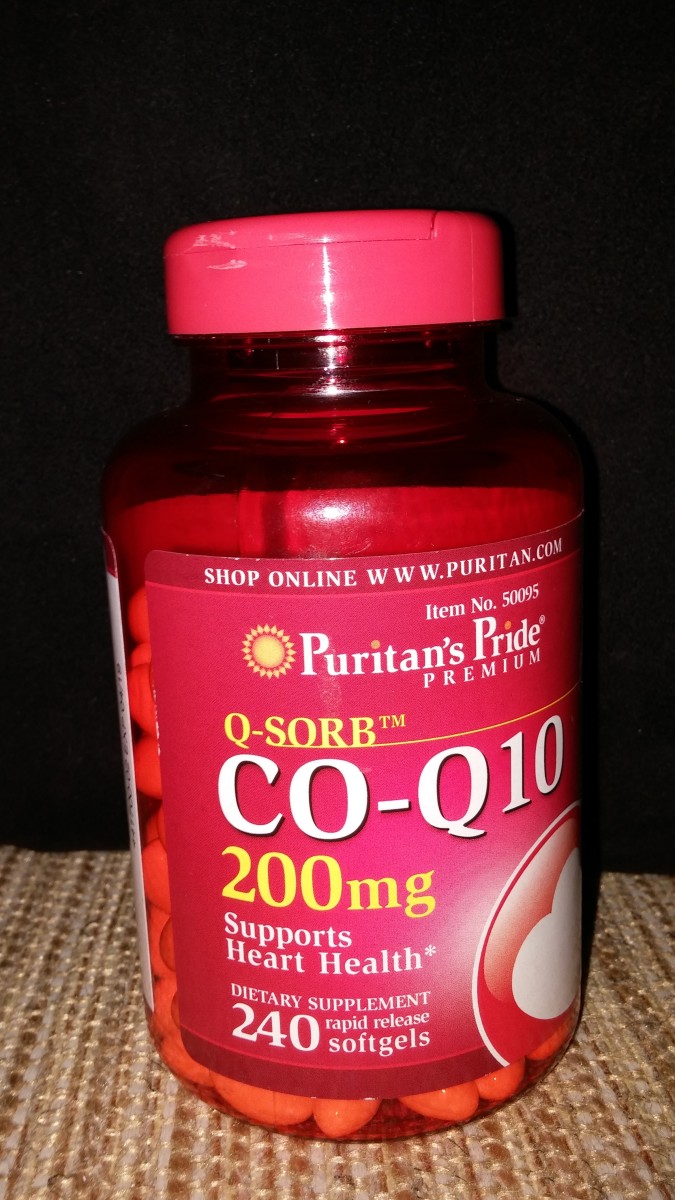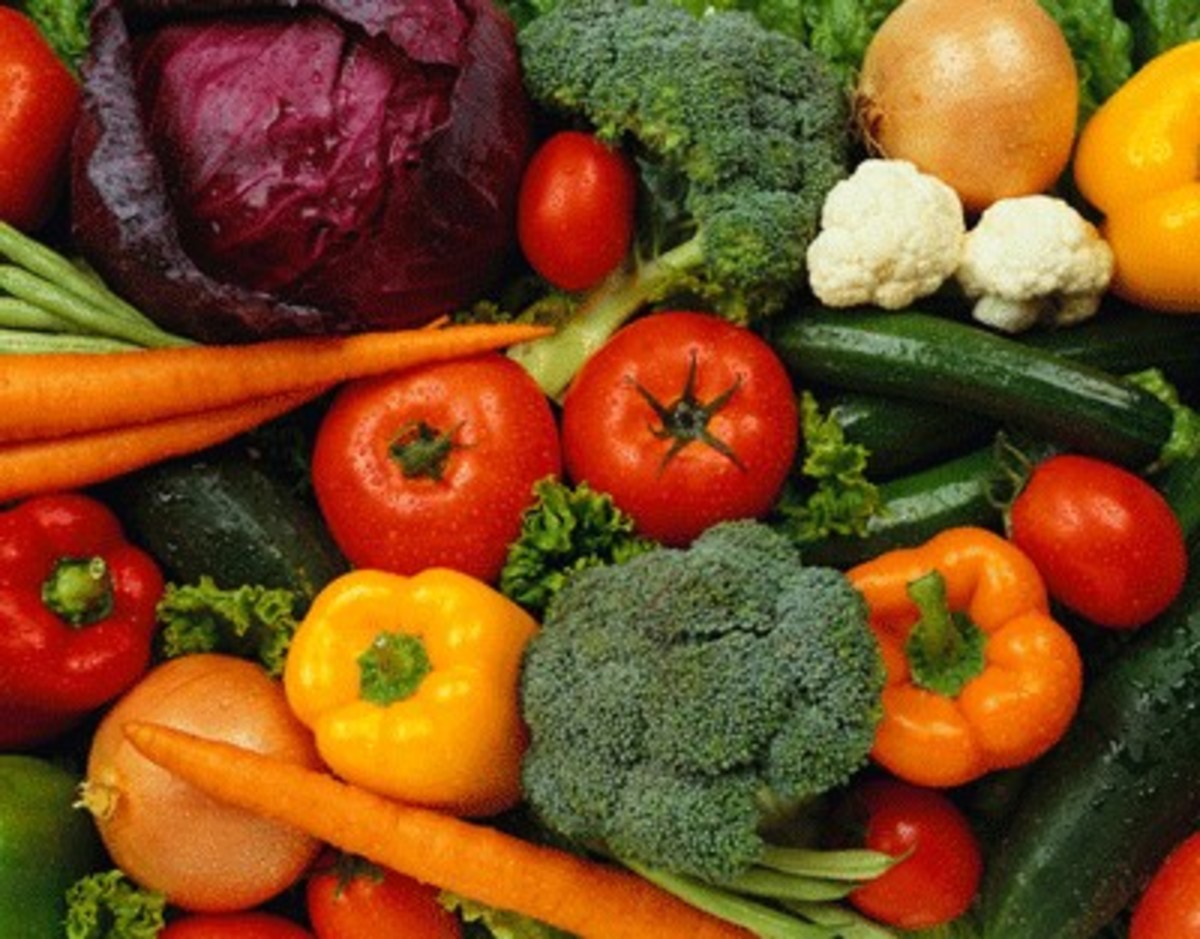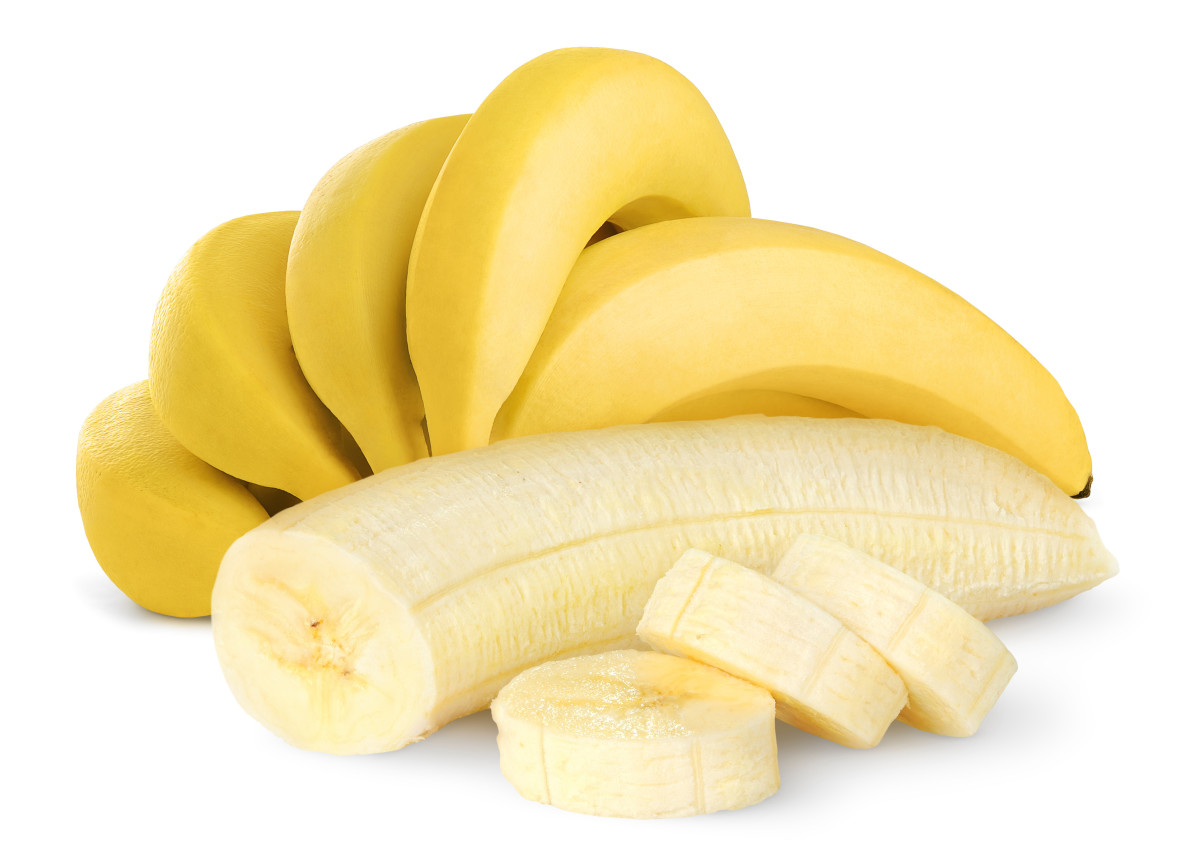What is Potassium Good For?
Potassium is a salt mineral and electrolyte that is crucial in the normal functioning of internal organs, nerves, cells, muscles, energy and fluids in the body. Low levels of potassium can weaken muscles, cause high blood pressure and even cause osteoporosis.
Let's find out the various reasons why potassium is so important to your body's health and well-being.
Heart Health
Potassium is responsible for your heart beat. It is an electrolyte, so it conducts electricity in the body and helps in the normal functioning of your internal organs, along with your nerves and cells. It is what triggers the heart to pump blood to your body.
Research has shown that potassium lowers blood pressure and reduces the risk for stroke.

Bone Health
Potassium aids the balance of potassium and salt in the body, so that you do not lose calcium through urine and the intestines. Loss of calcium could lead to unhealthy bones and osteoporosis. So, getting enough potassium in your diet could help to prevent bone disease.
Did you know that potassium makes your heart beat?

Metabolism and Energy
Potassium functions to help in the metabolism and synthesis of proteins and carbohydrates in your body, helping to convert them to energy. It also helps in muscle growth, aiding you to make those workouts productive.
Digestion
Potassium helps the muscles generally to contract and particularly it helps muscles in the intestines to contract and so aids in normal digestive processes.
Brain Function
Potassium helps the cells in the brain to operate correctly and also sends oxygen to the brain. So, if you aren't thinking straight, you might need more potassium.
Benefits of Potassium
Heart
| Bones
| Metabolism
| Digestion
| Brain
|
|---|---|---|---|---|
Helps heart to beat correctly. Lowers and manages blood pressure. Lowers risk of stroke.
| Helps body retain calcium it needs for strong bones and prevents osteoporosis.
| Aids in the metabolism of proteins and carbs for energy.
| Helps muscles in intestines contract for normal digestive processes.
| Helps cells in brain function properly and sends oxygen to the brain.
|

Potassium is found in many meats, grains, dairy products, nuts and fruits and vegetables. Including these in your diet, particularly low-fat fruits and vegetables can ensure that you are getting significant potassium in your system. This is good for heart health because it aids the proper working of your heart and counteracts the effects of salt (sodium).
Some foods rich in potassium include:
- Greens
- Spinach
- Beans
- Potatoes
- Peas
- Tomatoes
- Bananas
- Grapefruit
- Oranges
- Melons (Cantaloupe and Honeydew)
- Prunes, Apricots and Raisins
- Milk and Yogurt
- Molasses and Honey
- Tuna and Halibut
Depletion of potassium in the body, sometimes caused by loss of it in the urine or intestines, can lead to a condition called Hypokalemia, which is characterized by low energy, weakness, muscle cramps, digestive problems, heart problems and irregular heartbeat. This shows how crucial potassium actually is, important for the normal functioning of organs of the body and responsible for giving the body energy and allowing you to use your muscles.
So, next time you're snacking, grab a banana, an orange, some raisins or nuts. Your body will thank you for it!








